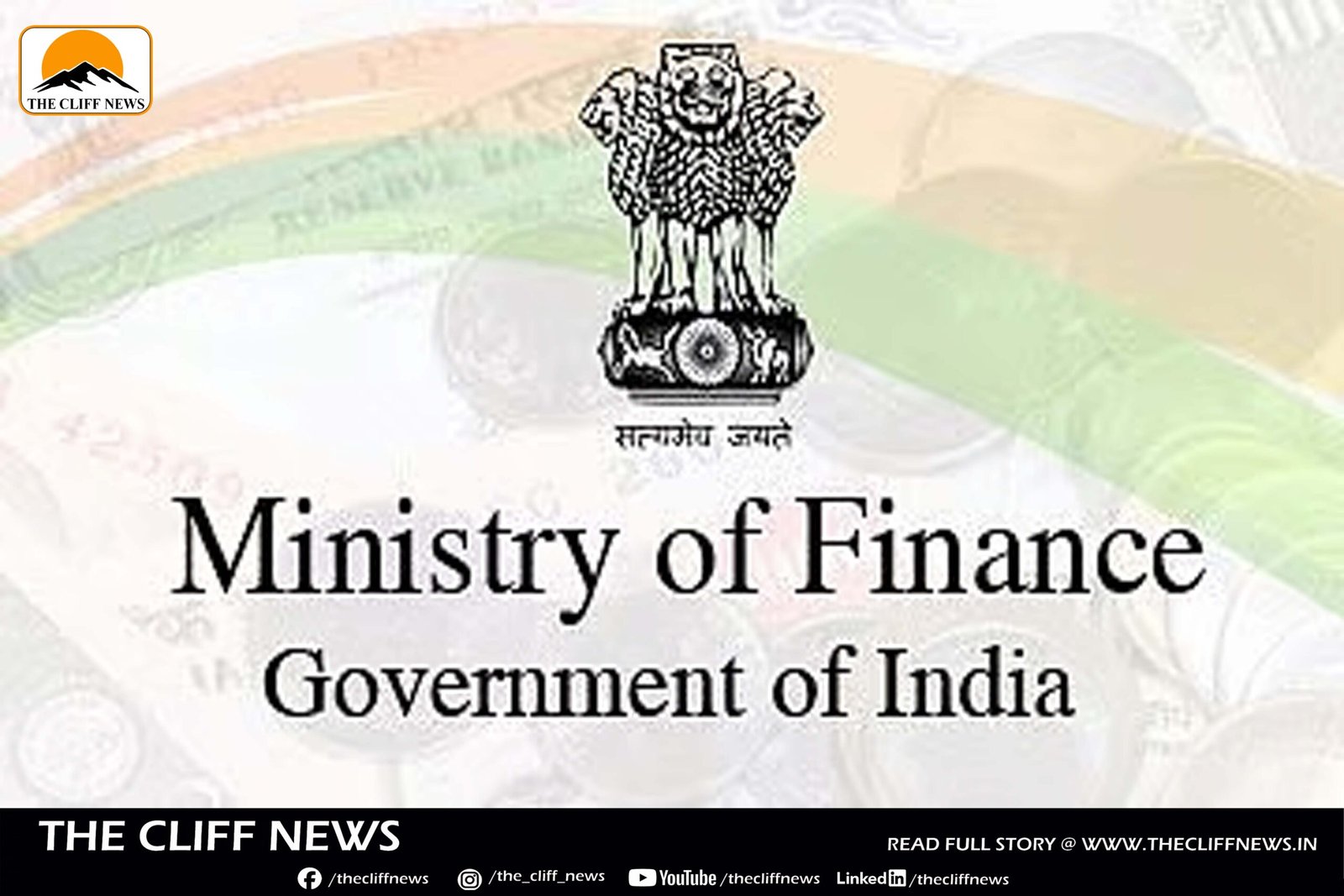In a move aimed at curbing unregulated budgetary expenses, the Finance Department has issued a circular mandating cabinet approval for all new projects, including those sponsored by the Central Government. The new directive makes it compulsory for all departments to seek formal clearance before initiating any project or scheme.
Multi-Tier Approval System Introduced
Before seeking cabinet clearance, departments must first get their project proposals vetted by the Cost Screening Committee, to be chaired by the respective department head. Following this, projects will be assessed based on their financial scale through various finance committees:
- Projects up to ₹50 crore: Sent to the Standing Finance Committee, which includes the department’s secretary and other officials.
- Projects between ₹50 crore and ₹200 crore: Cleared by a committee headed by the Finance Secretary.
- Projects above ₹200 crore: Evaluated by the Project Screening Committee, chaired by the Chief Secretary.
- Revenue-only projects up to ₹100 crore: Sent to the Finance Expenditure Committee, led by the Finance Secretary.
- Revenue-only projects above ₹100 crore: Referred to the Revenue Project Screening Committee, also chaired by the Chief Secretary.
If any project’s cost escalates by more than 10%, additional approval must be obtained from the relevant finance committee.
Deadline and Duration of Project Validity
The circular also states that projects running until March 31, 2026, must obtain fresh approval to continue. Additionally, all such projects must aim for completion by September 2025, or face discontinuation of funding beyond March 31.
The order coincides with the upcoming term of the 16th Finance Commission, which will function from 2026 to 2031. Approvals given under the current framework will remain valid throughout this period.
This revised process marks a significant tightening of fiscal controls and is expected to enforce greater transparency, discipline, and accountability in public spending across departments.



